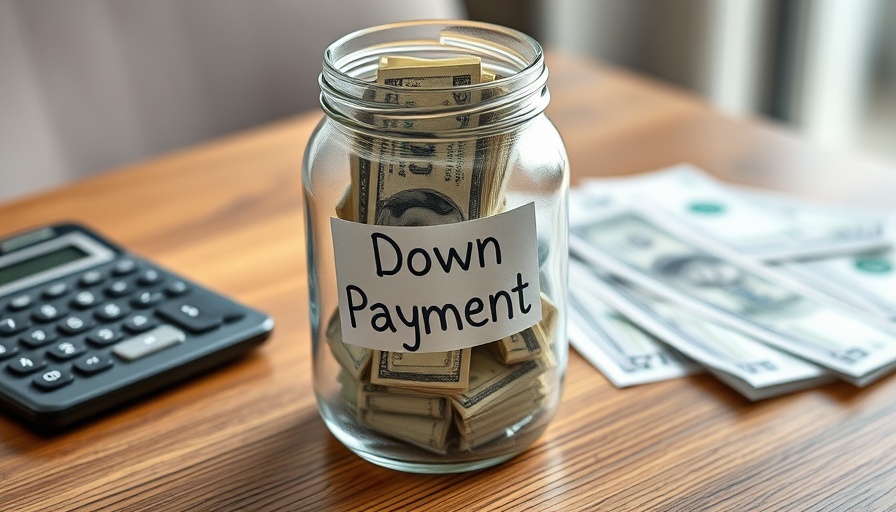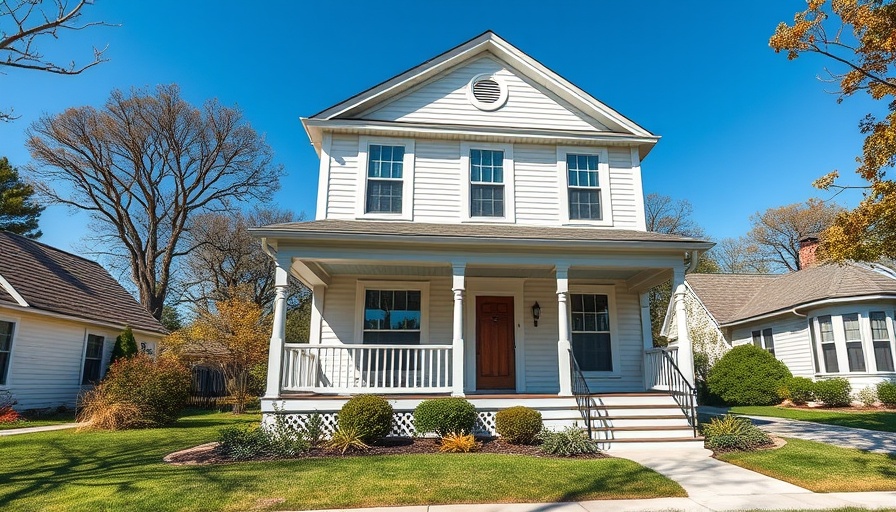
Affordable Living in the U.S.: The Key Cities to Consider in 2025
As housing prices continue to rise and financial pressures mount, individuals and families looking for affordable living options are increasingly focused on the most reasonable cities in the U.S. for homeownership and rent. The question arises: What makes a city truly affordable?
In 2025, affordability is defined by the rule that housing costs should not exceed 30% of a household's median monthly income—termed the "cost-burdened" threshold. For instance, if a city's median income is $4,000 monthly, then a payment of $1,200 for rent or mortgage is ideal. This guideline applies as many people grapple with rising costs that outpace their incomes.
The Top Affordable Cities: A Closer Look
According to recent analyses, the most affordable U.S. cities include Detroit, Pittsburgh, and St. Louis:
Detroit, MI: With 77.2% of homes affordable on the local median income of $63,937, median home prices sit at $175,000.
Pittsburgh, PA: Here, 68% of homes qualify as affordable, with a median household income of $79,863 and home prices at $225,000.
St. Louis, MO: Offering 67.5% of homes as affordable, the local median is $85,750, alongside a home price of $258,000.
These cities not only feature lower housing costs but also engage with a burgeoning job market, establishing them as desirable locations. Beyond the affordability, they provide rich cultural experiences and vibrant communities, making them attractive to both families and young professionals.
What Challenges Remain for Affordable Housing?
Despite the attractive prospects in these cities, the affordable housing sector faces ongoing challenges that may affect future opportunities. Industry experts emphasize the necessity for legislative support, especially with proposed reforms for the low-income housing tax credit (LIHTC). With potential changes in government legislation, communities must ensure that affordable housing remains prioritized.
As interest rates and general economic factors fluctuate, cities must adapt to provide creative solutions to the housing crisis. Future development efforts may push current affordable cities and their prices higher as demand increases.
Why This Matters for Home Improvement Companies
For companies and professionals in the home improvement industry, understanding these affordable markets is crucial. Opportunities lie in renovation and expansion endeavors as these cities undergo revitalizations fueled by a growing population and community investment. Providing services that align with residents' needs can establish deeper ties within these communities, leading to more sustained business growth.
Take Action: Exploring Affordable Options
If you’re interested in reaching the home improvement market in these rising affordable cities, now is the time to invest and create strategies that resonate. Whether through targeted marketing, service expansions, or partnerships, understanding where your audience thrives will bridge gaps between product offerings and local needs.
For those contemplating a move or investment, consider using resources like affordability calculators and housing market analyses to aid in your decisions. Whether you are a home improvement company or looking to buy, being knowledgeable and proactive will set the stage for success.
 Add Row
Add Row  Add
Add 




Write A Comment